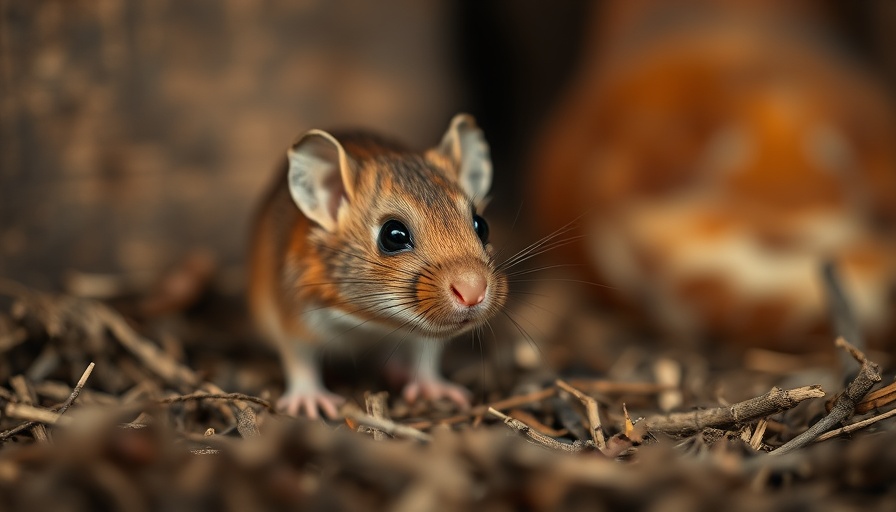
Understanding Starve-Out in Turkey Poults: A Manageable Risk
Starve-out is a critical challenge facing turkey poults (baby turkeys) that can lead to devastating consequences if not addressed promptly. This condition occurs when poults fail to access food, leading to starvation during their vulnerable early days. Fortunately, with proper management strategies, poultry caretakers can effectively mitigate the risks associated with starve-out.
Causes of Starve-Out
The primary reason poults begin to starve is their reliance on learning from their mother hen, a skill that chicks master more quickly. Jeff Smith from Cackle Hatchery® suggests introducing a few chicks into the brooder to instill healthy eating habits in the poults. Proper feeder placement is equally crucial; if feeders are too high or improperly positioned, poults may not be able to access the feed. Additionally, external factors, such as temperature and proximity to heat sources, can discourage poults from exploring further for food.
Avoiding Common Pitfalls
One common mistake is allowing poults to ingest bedding, which can become lodged in their crop. It's recommended to cover brooder bedding with paper towels sprinkled with feed, giving poults a chance to peck at and consume food without ingesting harmful bedding. Moreover, care must be taken to avoid offering sand or grit, as excessive consumption can lead to crop impaction, further complicating feeding. Smith warns: "Starter feed provides all essential nutrients for young poults, and additional grit can do more harm than good."
Monitoring Poults for Starve-Out
Identifying starve-out early is vital for successful intervention. Typically, this issue arises within 3 to 10 days post-hatch. Poultry caretakers should monitor the crops of their poults diligently, starting from the second day in the brooder. Full and slightly soft crops indicate proper feeding, while hard crops suggest impaction or insufficient intake. Observing these signs enables caregivers to take immediate corrective actions to prevent starvation.
While starve-out is a common occurrence in young poults, focusing on proper management techniques dramatically increases the likelihood of successfully raising healthy turkeys. Challenges such as accessibility to food and environmental conditions can be navigated with the right knowledge and proactive strategies.
By using the insights from this article, poultry keepers can enhance their understanding of turkey poult care, ultimately leading to improved outcomes during the critical early days of life.
 Add Row
Add Row  Add Element
Add Element 



 Add Row
Add Row  Add
Add 
Write A Comment